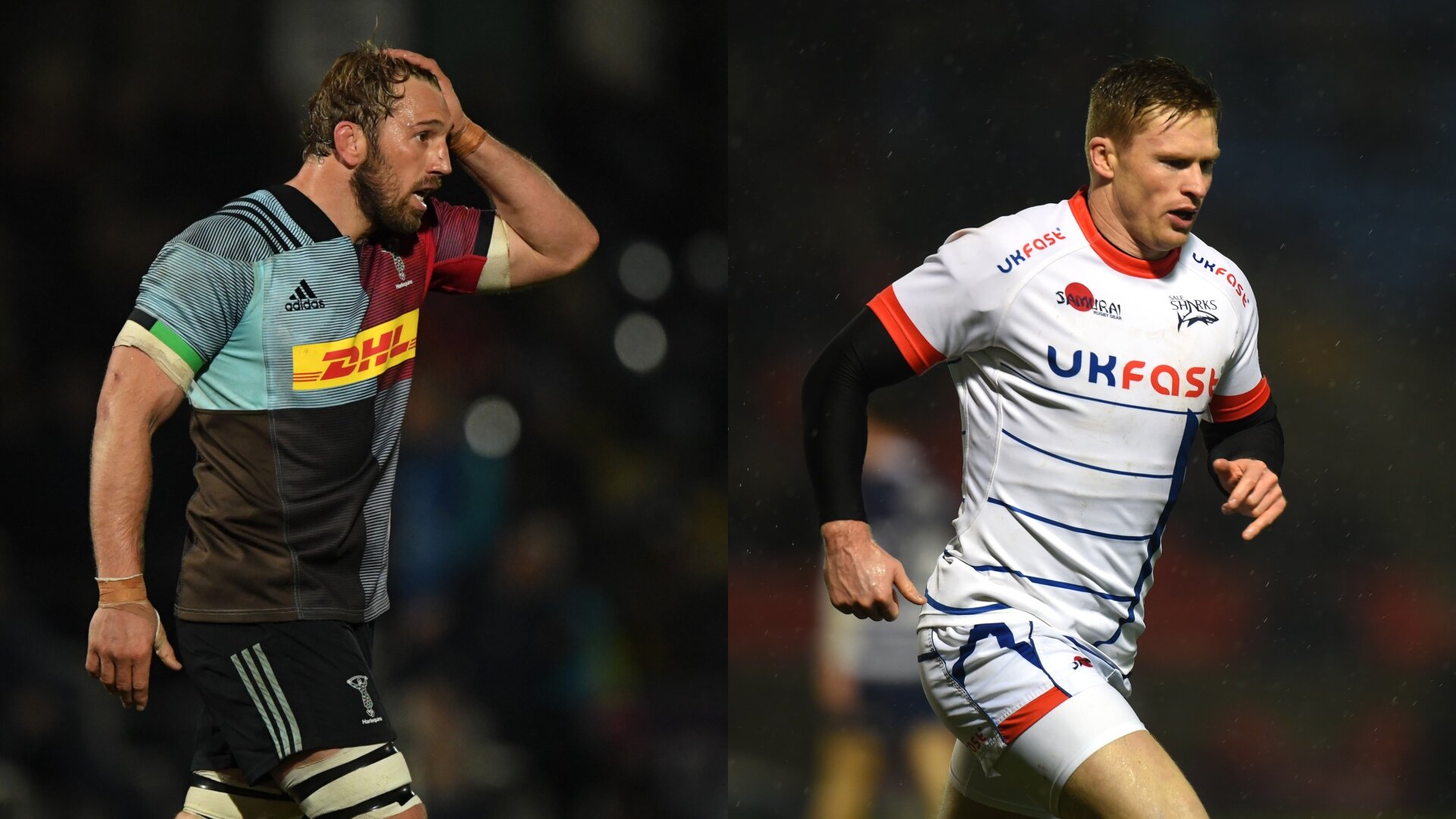Challenge Cup Preview: Harlequins and Sale face tough French tests

Harlequins and Sale both face major semi-final tasks on Saturday in a bid to maintain English clubs’ impressive European Challenge Cup record.
Every Challenge Cup final since 2013 has been contested by at least one Premiership side, while Quins have won the tournament three times and Sale on two occasions.
But they will arrive in France this weekend with it all to do as Quins face Clermont Auvergne and Sale tackle La Rochelle.
Competition favourites Clermont are currently second in the Top 14 behind runaway leaders Toulouse, and their Stade Marcel-Michelin cauldron will be full to the brim for Quins’ visit.
And Sale, boosted by Chris Ashton and James O’Connor returning from injuries, face a team that reached last season’s Champions Cup quarter-finals.
A lengthy Quins injury list means they are without the likes of scrum-half Danny Care, lock James Horwill, centre Joe Marchant and wing Nathan Earle, but hooker Rob Buchanan returns after more than 18 months out due to shoulder trouble.
“Rob has shown incredible resilience and strength of character to be back playing elite rugby,” Quins’ head of rugby Paul Gustard told the club’s official website.
“He is a hugely popular member of the squad, as well as being a very talented player, and his availability is a positive boost for the team as we enter the last couple of months of the season.
“This is our first semi-final in three years, and we are relishing the opportunity to go out and perform against Clermont at their home.
“Stade Marcel-Michelin is an awesome place to play, and it will be an experience to savour.
“We are under no illusions of the challenge and quality they will put forward, but behind all the noise, all the hype, all the current form are two teams on a piece of a grass with some sticks and 80 minutes between them and a spot in a final.
“We will go into the game as big underdogs with the chance to make our own history. This is what European rugby is all about, and we are really looking forward to the contest.”
Sale, Challenge Cup winners in 2002 and 2005, welcome back wing Ashton for his first appearance since suffering a calf muscle injury during England’s Six Nations campaign.
And O’Connor, who partners Sam James in midfield, returns after three weeks out in a team captained by Jono Ross.
Ross replaces injured Scotland international Josh Strauss, with Curry twins Ben and Tom filling the flanker positions, but backs Byron McGuigan and Janse Van Rensburg are both sidelined.
PA








































































